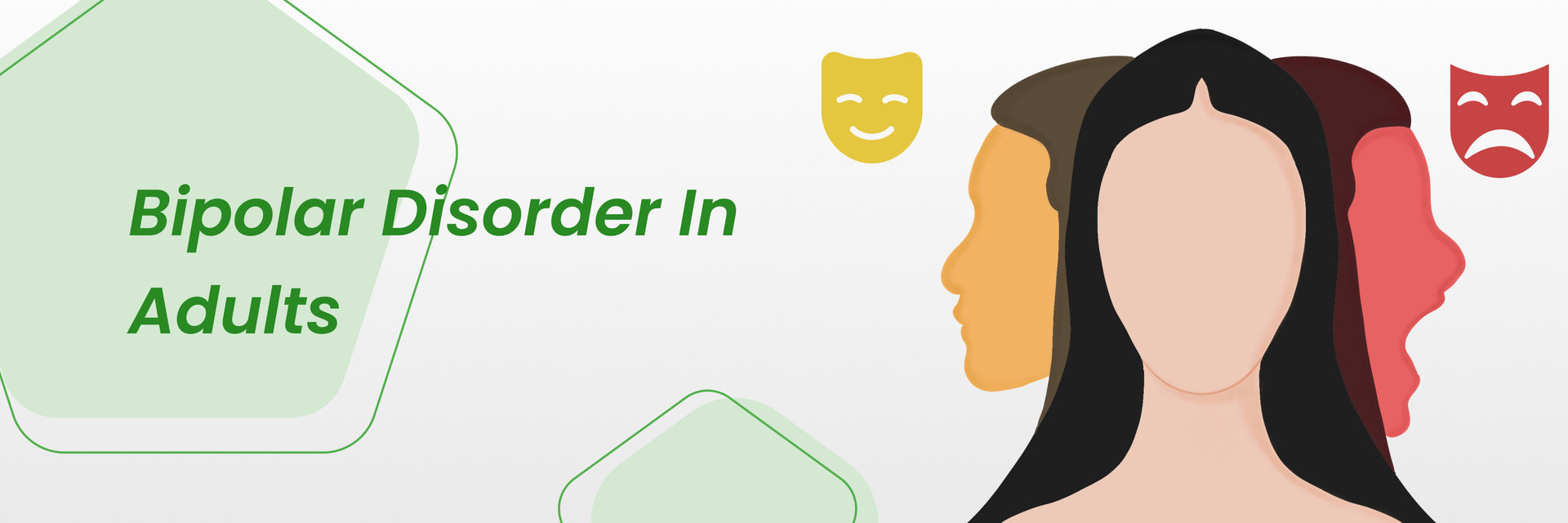Mental health has become a prominent topic of discussion in recent years, as society increasingly acknowledges its integral role in overall well-being. Despite this growing awareness, many individuals hesitate to seek help for mental health concerns until they become severe, often leading to prolonged suffering and a diminished quality of life. Early intervention in mental health is integral to mitigating these outcomes and fostering healthier, more resilient lives.
What Is Early Intervention in Mental Health?
Early intervention involves identifying and addressing mental health challenges at the earliest possible stage, often before symptoms escalate into severe or chronic conditions. This proactive approach can encompass a variety of strategies, including therapy, medication management, lifestyle changes, and community support, tailored to an individual's specific needs.
The goal of early intervention is not only to alleviate symptoms but also to prevent long-term impacts on a person’s physical health, relationships, career, and overall life satisfaction. Whether it’s recognizing the signs of anxiety, depression, or a more severe disorder, early action can significantly improve outcomes.
Why Is Early Intervention Important?
- Prevention of Escalation
Mental health issues rarely resolve themselves without intervention. Left unaddressed, mild symptoms can escalate into more severe conditions that require intensive and prolonged treatment. For example, untreated anxiety can evolve into panic disorders, and persistent sadness can lead to clinical depression. Early intervention provides the opportunity to break this cycle before it starts. - Improved Prognosis
Numerous studies have shown that addressing mental health conditions early often results in better long-term outcomes. Just as catching physical illnesses like diabetes or cancer in their early stages improves the chances of recovery, early mental health treatment increases the likelihood of remission and sustained well-being. - Reduction in Social Stigma
The earlier individuals seek help, the more normalized the process becomes, reducing the stigma often associated with mental health care. Young people, in particular, benefit from this shift as they learn to see mental health treatment as an integral part of self-care. - Cost-Effectiveness
Early intervention can save significant financial resources over time. Treating mental health conditions in their advanced stages often requires more extensive resources, such as long-term therapy, hospitalization, or rehabilitation. By addressing concerns early, individuals and healthcare systems can reduce these costs. - Positive Impact on Physical Health
Mental health is closely intertwined with physical health. Chronic stress, anxiety, and depression can lead to conditions such as heart disease, weakened immune function, and digestive issues. Early intervention reduces these risks, promoting better overall health.
Recognizing the Early Signs of Mental Health Challenges
Early intervention starts with awareness. While symptoms vary across individuals and conditions, some common early warning signs include:
It's important to remember that these signs may appear subtly at first, making it easy to dismiss them as temporary or insignificant. However, paying attention to these changes—especially when they persist or worsen—is key to initiating early intervention.
The Role of Education and Awareness
Raising awareness about mental health is a critical step in encouraging early intervention. Schools, workplaces, and community organizations play a significant role in promoting mental health literacy. By educating individuals on recognizing signs, reducing stigma, and seeking help, these institutions create environments where early intervention is possible.
Furthermore, fostering open communication about mental health within families and communities helps normalize seeking help. People are more likely to address concerns early when they feel supported and understood.
The Impact of Early Intervention on Relationships
Mental health challenges often extend beyond the individual, affecting relationships with family, friends, and colleagues. Early intervention not only benefits the individual but also strengthens these connections by providing tools to manage stress, communicate effectively, and nurture meaningful bonds.
To illustrate, couples therapy can help partners navigate challenges arising from one person’s mental health struggles, while family counseling ensures that all members feel heard and supported.
Integrating Lifestyle Changes
While professional support is a cornerstone of early intervention, incorporating lifestyle changes can further enhance outcomes. Practices such as regular exercise, mindfulness, and maintaining a balanced diet have been shown to reduce symptoms of anxiety and depression.
Similarly, creating a routine that prioritizes self-care, quality sleep, and social connections can help individuals build resilience and better manage stress. These small, consistent actions often complement therapeutic and medical treatments, accelerating recovery.
The Long-Term Benefits of Early Intervention
The advantages of early intervention extend far beyond immediate relief. When individuals address their mental health challenges early, they often develop lifelong coping mechanisms and resilience. This not only improves their quality of life but also empowers them to face future challenges with confidence.
Moreover, early intervention can inspire others to seek help by demonstrating the positive outcomes of timely action. In this way, addressing mental health challenges early creates a ripple effect, contributing to healthier, more supportive communities.
Breaking Down Barriers to Early Intervention
Despite its proven benefits, barriers to early intervention still exist. Common obstacles include:
- Lack of awareness about mental health symptoms.
- Social stigma and fear of judgment.
- Limited access to mental health services.
- Financial constraints or lack of insurance coverage.
Addressing these barriers requires systemic change, such as increased funding for mental health programs, widespread education campaigns, and policies that make care more accessible. On an individual level, cultivating empathy and reducing stigma within social circles can make a significant difference.
Taking the First Step
Early intervention in mental health is not about waiting for a diagnosis; it’s about taking action at the first sign of struggle. Whether it’s reaching out to a trusted friend, consulting a therapist, or exploring resources in your community, the first step is often the hardest—but also the most important.
By embracing a proactive approach, individuals can reclaim control over their mental health and build a foundation for lasting well-being.
Creating a Culture of Proactive Mental Health Care
Mental health is an integral part of overall wellness, and early intervention is the key to ensuring individuals thrive in every aspect of their lives. By recognizing the signs, seeking support, and fostering open conversations, we can create a society where mental health challenges are addressed with compassion and care—before they escalate into crises.






